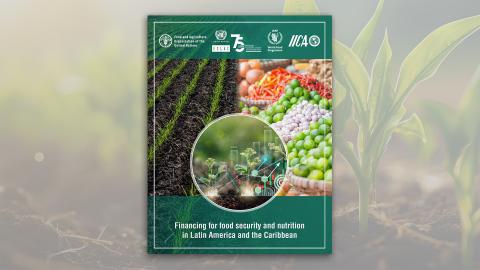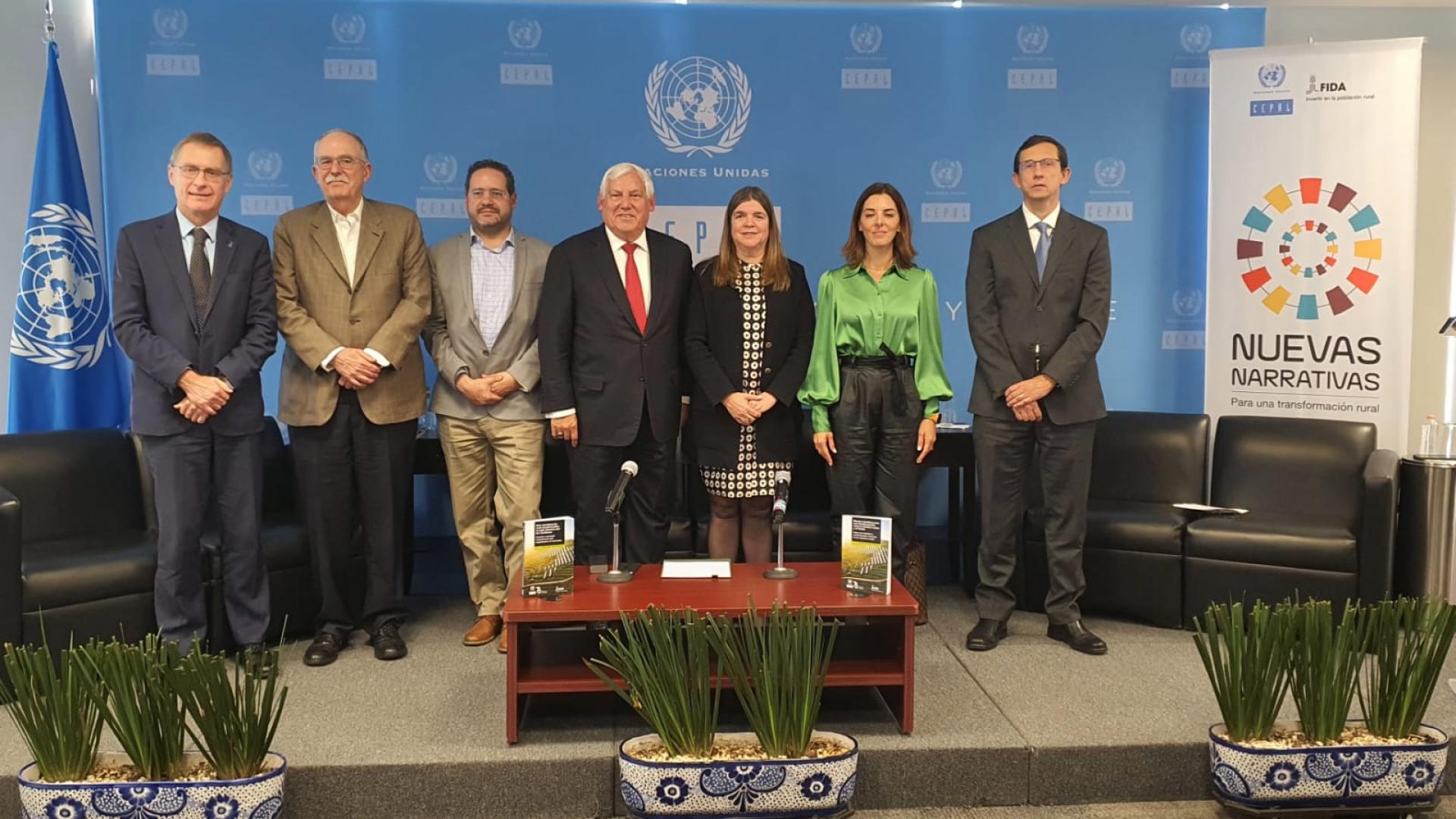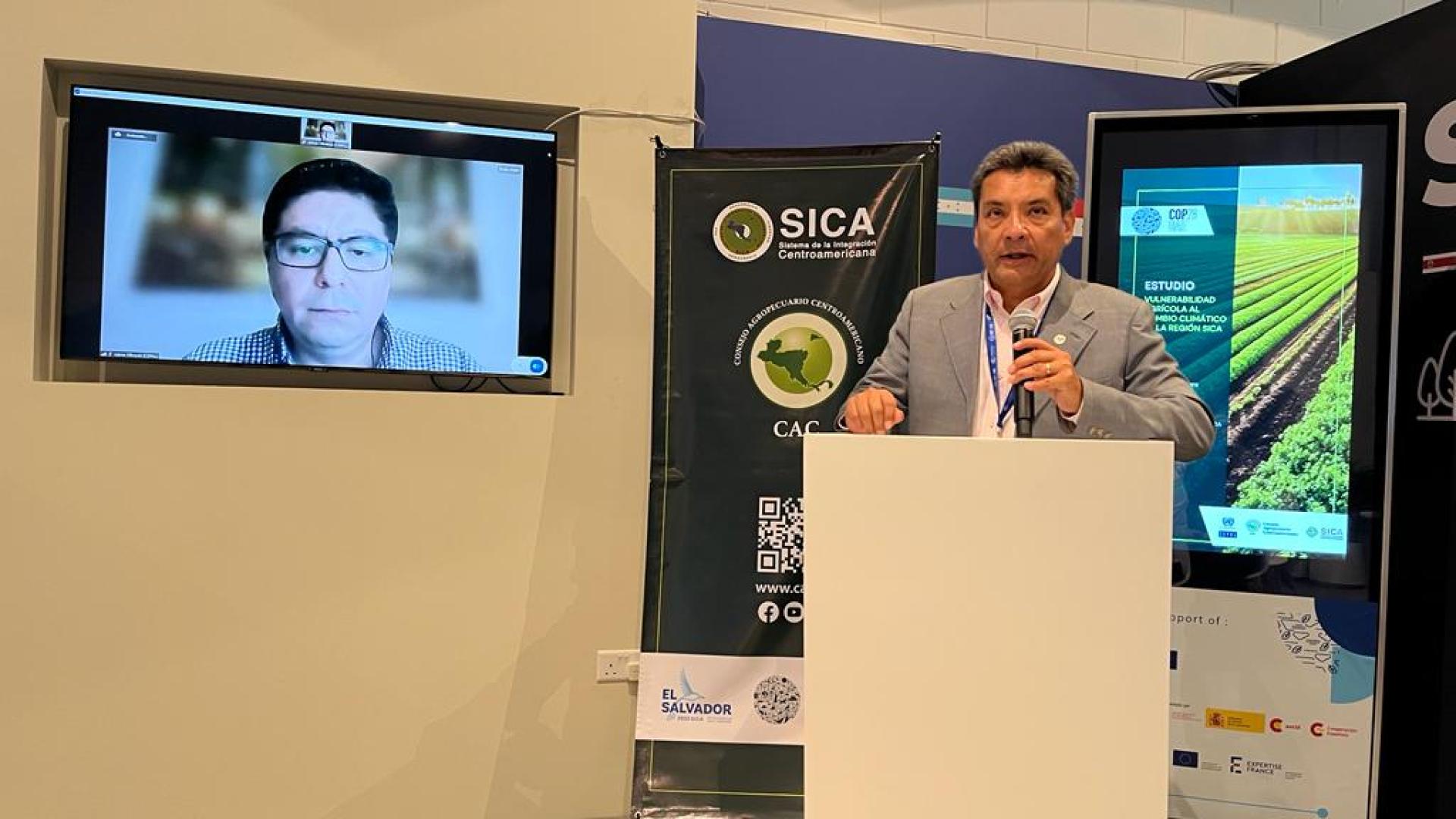Press Release
ECLAC’s Office in Bogotá, in the framework of the project Territorial linkages for inclusive development in Colombia, carried out three events among different actors to promote knowledge and dialogue. In these spaces, participants identified sustainable initiatives that connect rural-urban spaces, and they explored what kinds of ties, relations, interdependencies, alliances and networks exist in these territories, along with the reasons for their emergence and ways of further strengthening them.
The National Seminar on Territorial Linkages – held in Bogotá on August 29-30, 2019 – drew the participation of national and regional authorities, research centers, companies, regional institutions, community initiatives and experts. Distinct methodologies were presented at the event to understand the networks and connections in these territories, and discussions took place regarding the role of public and private actors in relations between the countryside and the city. Furthermore, trust-building and comprehension of the territory in which one lives were emphasized as being key to boosting development that starts at the local level.
With the same objective of promoting dialogue in territorial spaces, two regional workshops were held with local, regional and national authorities, public institutions, private and trade-union officials, community actors and scholars. In the first workshop – held in Ibagué on November 20-21, 2019 – participants highlighted environmental and cultural issues as vehicles for generating linkages that connect territories, histories and customs. In addition, they underscored the role of the university as an actor that systematizes knowledge about territorial development.
Meanwhile, on November 27-28, 2019, the second workshop was held in Medellín. There, participants highlighted the role of distinct core themes for comprehending the territory, including the institutional framework in terms of aspects such as road infrastructure, the decentralization of higher education, the association of municipalities, public companies and regional institutions. Similarly, they emphasized alliances between actors from the public institutional framework, regional, community and cultural agents, and academia, to rethink the territory beyond its political-administrative boundaries and to build paths for territorial development.
These three events showed that the complexity of flows and connections for the development of territories goes beyond unidimensional views. Therefore, from different angles and with their own particularities, the seminar and the workshops reclaimed the notion that these networks of ties, known as “territorial linkages,” involve historical, identity-related, geographic, social and economic factors. That is why one of the challenges of this project is to find good ways of strengthening these ties to generate more inclusive development.



